Home>Garden Essentials>How Long For Bermuda Seed To Germinate
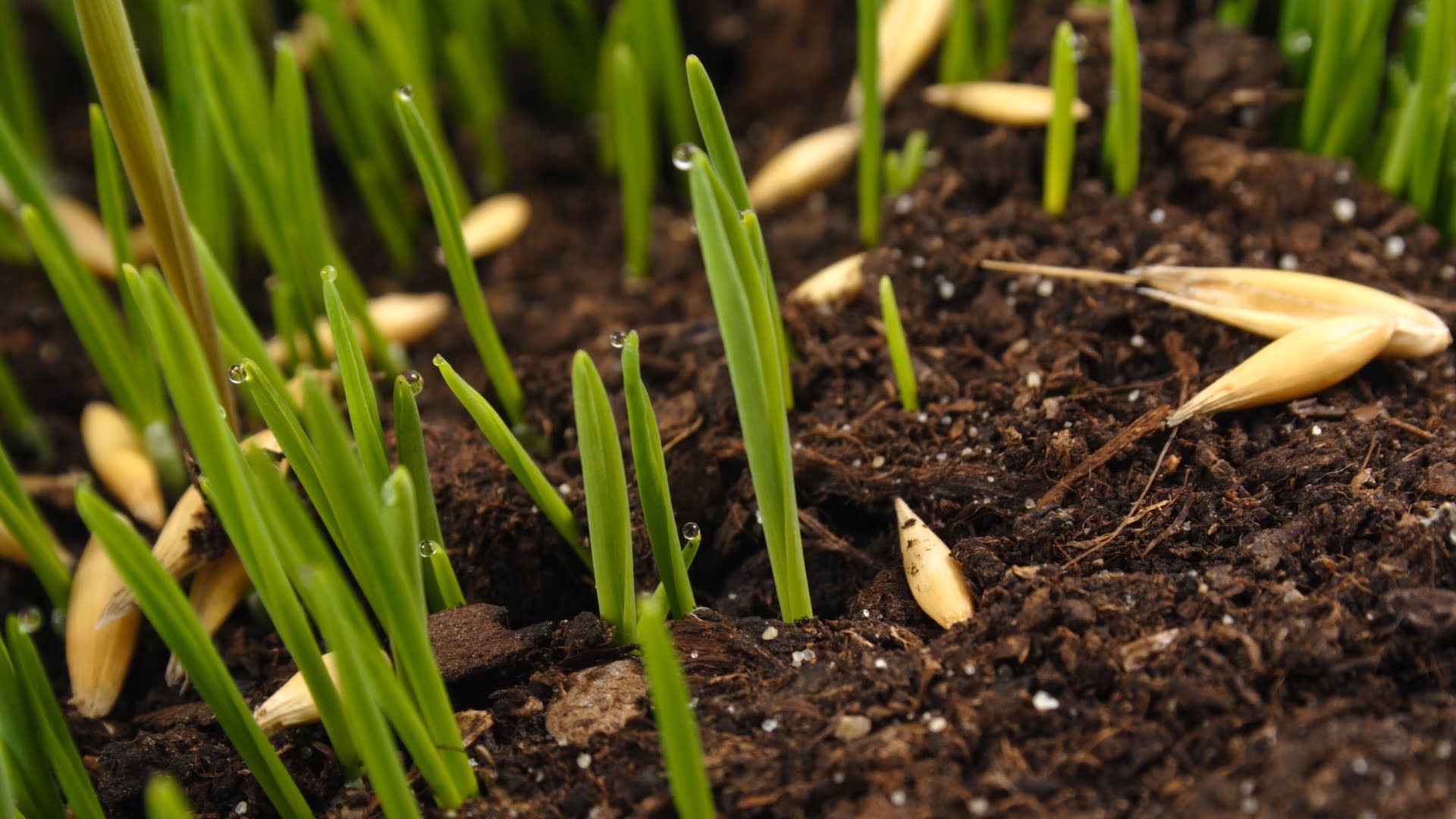

Garden Essentials
How Long For Bermuda Seed To Germinate
Modified: April 22, 2024
Learn how long it takes for Bermuda seed to germinate in your garden. Discover tips and tricks for optimal growth and get your garden thriving.
(Many of the links in this article redirect to a specific reviewed product. Your purchase of these products through affiliate links helps to generate commission for Storables.com, at no extra cost. Learn more)
Introduction
Growing a beautiful garden starts with successful seed germination. When it comes to Bermuda grass, understanding the germination process is crucial. Bermuda grass is a warm-season grass that is popular for its lush green appearance and ability to withstand hot climates.
In this article, we will delve into the factors affecting Bermuda seed germination and provide you with tips and tricks to ensure optimal conditions for successful germination. Whether you’re a beginner gardener or a seasoned pro, understanding the germination timeframe and how to support the process will help you cultivate a vibrant and healthy Bermuda grass lawn.
Key Takeaways:
- Bermuda grass seeds typically germinate within 7 to 14 days under optimal conditions, but factors like temperature and seed quality can affect the timeframe. Patience and proper care are essential for successful germination.
- To promote Bermuda grass seed germination, ensure warm soil temperatures, consistent moisture, and proper soil preparation. Troubleshoot common issues like poor germination and weed competition for a healthy lawn.
Read more: How Long For Bermuda To Germinate
Factors Affecting Bermuda Seed Germination
Several factors play a role in the germination of Bermuda grass seeds. By understanding these factors, you can create an environment that promotes successful germination. Let’s take a closer look at the key factors:
- Soil Temperature: Bermuda grass seeds require warm soil temperatures for germination. Ideally, the soil temperature should be around 65 to 70 degrees Fahrenheit (18 to 21 degrees Celsius). Colder temperatures can hinder germination, while excessively hot temperatures can lead to poor seed viability.
- Moisture: Proper moisture levels are crucial for Bermuda seed germination. It is important to keep the soil consistently moist, but not overly saturated. Overwatering can lead to fungal diseases and root rot, while dry soil can prevent germination altogether.
- Soil Quality: The quality of the soil greatly affects Bermuda seed germination. The soil should be well-draining, loose, and fertile. It is recommended to prepare the soil by removing any debris, aerating it, and adding organic matter to improve its texture and nutrient content.
- Light Exposure: Bermuda grass seeds require adequate exposure to sunlight for germination. Ensure that the seeds are not covered too deeply with soil, as they rely on light to kick-start the germination process. Lightly pressing the seeds into the soil or using a thin layer of topsoil is sufficient.
- Seed Quality: The quality of the Bermuda grass seeds themselves also plays a role in germination. It is important to purchase high-quality seeds from reputable sources to ensure better germination rates. Check for the seed’s freshness and viability before planting.
- Competition from Weeds: Weeds can compete with Bermuda grass seeds for resources, hindering germination. It is essential to eliminate existing weeds and prevent their growth during the germination period. Mulching can help suppress weed growth while retaining soil moisture.
By taking these factors into consideration, you can create the optimal conditions to encourage Bermuda grass seed germination. Providing the right balance of warmth, moisture, sunlight, and soil quality will greatly increase the chances of successful seedling emergence.
Optimal Growing Conditions for Bermuda Seed Germination
To ensure the best results for Bermuda seed germination, it is crucial to create the optimal growing conditions. Here are some key factors to consider:
- Soil Preparation: Prepare the soil prior to planting Bermuda grass seeds. Start by removing any existing vegetation, rocks, or debris. Loosen the soil using a garden fork or tiller to a depth of 4 to 6 inches. This allows the roots to establish themselves easily and promotes better seed-to-soil contact.
- Soil pH: Bermuda grass prefers slightly acidic to neutral soil with a pH range of 6.0 to 7.0. Test the soil pH and make any necessary adjustments using soil amendments. This will help create an ideal environment for seed germination and growth.
- Seed Sowing: Spread the Bermuda grass seeds evenly over the prepared soil using a seed spreader or your hand. Aim for a seeding rate of about 1 to 2 pounds per 1000 square feet, depending on the desired thickness of the lawn. Lightly rake the seeds into the soil to ensure good seed-to-soil contact.
- Watering: Water the seeded area immediately after sowing to provide adequate moisture. Keep the soil consistently moist throughout the germination period, usually around 2 to 3 weeks. Water lightly and frequently, allowing the soil to dry out slightly between watering sessions. Avoid over-watering, as it can lead to fungal issues and poor germination.
- Temperature: Bermuda grass thrives in warm temperatures. Ensure that the soil temperature remains between 65 to 70 degrees Fahrenheit (18 to 21 degrees Celsius) during the germination process. Use a soil thermometer to monitor the temperature and make any necessary adjustments.
- Light Exposure: Bermuda grass seeds require exposure to sunlight for successful germination. Ensure that the seeds are not covered too deeply by soil. Lightly press them into the soil or use a thin layer of topsoil to help retain moisture while allowing light to reach the seeds.
- Timing: Plant Bermuda grass seeds during the optimal time for your region. Depending on your location and climate, the ideal time for sowing Bermuda grass seeds is during the spring or early summer when soil temperatures consistently reach the desired range. Consult your local agricultural extension office for specific timing recommendations.
By following these optimal growing conditions, you will provide Bermuda grass seeds with the best chance of germination and establishment. Remember to monitor soil moisture, temperature, and sunlight exposure to ensure successful seedling emergence and a healthy Bermuda grass lawn.
Germination Timeframe for Bermuda Seed
The germination timeframe for Bermuda grass seeds can vary depending on various factors such as temperature, moisture, and seed quality. On average, Bermuda grass seeds typically germinate within 7 to 14 days under optimal conditions. However, it is important to note that germination can sometimes take longer, especially if conditions are not favorable.
One of the key factors influencing the germination timeframe is soil temperature. Bermuda grass seeds require warm soil temperatures to initiate germination. Ideally, the soil temperature should be around 65 to 70 degrees Fahrenheit (18 to 21 degrees Celsius). If the soil temperature is too low, it can prolong the germination process, and in some cases, seeds may not germinate at all.
In addition to temperature, adequate and consistent moisture is crucial for successful germination. The soil should be kept consistently moist, but not excessively wet. It is important to water lightly and frequently to prevent drying out of the soil surface, which can hinder seed germination. However, over-watering can lead to waterlogging and negatively impact germination as well.
Seed quality also plays a role in the germination timeframe. High-quality Bermuda grass seeds tend to have higher germination rates and faster germination times compared to lower-quality seeds. It is recommended to purchase seeds from reputable sources to ensure better germination success.
While the average germination timeframe for Bermuda grass seeds is around 7 to 14 days, it is important to be patient and continue providing optimal growing conditions. Factors such as soil temperature, moisture, and seed quality can influence the germination process, and it may take longer for seeds to show signs of germination under less ideal conditions.
Monitoring the progress of germination is essential. You can inspect the seeded area regularly to check for any signs of sprouting or seedling emergence. Once germination occurs, continue to provide proper care and maintenance to ensure healthy growth and establishment of the Bermuda grass lawn.
Remember that every lawn is unique, and the germination timeframe may vary. By providing the right conditions and being patient, you can increase the chances of successful Bermuda grass seed germination within the expected timeframe.
Bermuda grass seed typically takes 7-10 days to germinate when the soil temperature is consistently above 65°F. Keep the soil moist but not waterlogged during this time to encourage germination.
Tips for Promoting Bermuda Seed Germination
While Bermuda grass seed germination can be influenced by various factors, there are several tips you can follow to promote successful germination. By implementing these best practices, you can increase the chances of optimal seedling emergence and establish a healthy Bermuda grass lawn. Here are some tips to consider:
- Soil Preparation: Prepare the soil properly before sowing Bermuda grass seeds. Remove any existing vegetation, rocks, or debris, and loosen the soil to a depth of 4 to 6 inches. This helps create a favorable environment for seed germination.
- Seed-to-Soil Contact: Ensure good seed-to-soil contact by lightly raking or rolling the seeds into the soil after sowing. This improves germination rates by allowing the seeds to absorb moisture and nutrients from the soil more effectively.
- Watering: Keep the soil consistently moist but not saturated. Water lightly and frequently during the germination period to prevent the soil from drying out. A gentle misting or sprinkling is ideal to avoid displacing the seeds.
- Temperature: Maintain the ideal soil temperature range of 65 to 70 degrees Fahrenheit (18 to 21 degrees Celsius) for Bermuda grass seed germination. Use a soil thermometer to monitor the temperature and adjust as necessary.
- Fertilization: Avoid fertilizing the lawn before or immediately after seeding. Bermuda grass seeds can be sensitive to high levels of nitrogen, which can hinder germination. Wait until the seedlings have established before applying fertilizer.
- Weed Control: Eliminate existing weeds and prevent weed growth during the germination period. Weeds compete with Bermuda grass seeds for resources and can hinder germination. Mulching can help suppress weed growth and retain soil moisture.
- Patience: Be patient and give the seeds enough time to germinate. Remember that germination times can vary depending on factors such as temperature and seed quality. Avoid overwatering or disturbing the soil excessively, as this can disrupt the germination process.
- Proper Maintenance: Once the Bermuda grass seeds have germinated, continue providing proper care and maintenance. This includes regular watering, mowing at the appropriate height, and addressing any pest or disease issues that may arise.
Following these tips will help create the optimal conditions for Bermuda grass seed germination. Remember to adapt the care and maintenance practices based on your specific location and climate. With patience and proper care, you can enjoy a vibrant and healthy Bermuda grass lawn.
Troubleshooting Common Germination Issues
While Bermuda grass seed germination is generally a straightforward process, there can be some common issues that may arise. By understanding and troubleshooting these problems, you can take the necessary steps to promote successful germination. Here are some common germination issues and their solutions:
- Poor Germination: If you notice low germination rates or patchy growth, it could be due to factors such as insufficient soil preparation, poor seed quality, or unfavorable environmental conditions. Ensure that the soil is properly prepared, purchase high-quality seeds from reputable sources, and provide optimal growing conditions to promote better germination.
- Fungal Diseases: Overwatering or excessive moisture can lead to fungal diseases, such as damping-off, which can affect seedling emergence. To prevent fungal issues, ensure proper drainage, avoid over-watering, and provide good air circulation around the seeded area. If fungal diseases occur, consider applying fungicides as directed by a professional.
- Weed Competition: Weeds can compete with Bermuda grass seeds for resources and hinder germination. Proper weed control is essential during the germination period. Remove any existing weeds before seeding and apply a pre-emergent herbicide to prevent weed growth. Be cautious when using herbicides and follow the instructions carefully.
- Seed Displacement: Heavy rains, strong wind, or improper watering can displace Bermuda grass seeds from the desired planting area. To prevent seed displacement, ensure proper soil preparation and level the soil surface before sowing. Water lightly and use protective covers or nets during periods of heavy rainfall or high winds.
- Incorrect Planting Depth: Planting Bermuda grass seeds too deep in the soil can hinder germination. The seeds require exposure to light for successful germination. Ensure that the seeds are lightly pressed into the soil or covered with a thin layer of topsoil, allowing light to reach them. Avoid burying the seeds too deeply.
- Poor Soil Quality: Low-quality or compacted soil can impede seed germination. Before sowing Bermuda grass seeds, ensure proper soil preparation by removing debris, aerating the soil, and improving its structure with organic matter. Alternatively, consider amending the soil with compost or other organic materials to enhance its fertility and drainage.
Troubleshooting these common germination issues will help overcome challenges and increase the success rate of Bermuda grass seed germination. Remember that patience and consistent care are essential for establishing a healthy and vibrant Bermuda grass lawn. If persistent germination issues persist, it may be helpful to consult with a local lawn care professional or contact your local agricultural extension office for personalized guidance specific to your region.
Conclusion
Growing Bermuda grass from seed can be a rewarding experience that leads to a lush and vibrant lawn. By understanding the factors that impact germination, creating optimal growing conditions, and troubleshooting common issues, you can increase the chances of successful seedling emergence and establishment.
Factors such as soil temperature, moisture, soil quality, light exposure, and seed quality all play a role in Bermuda grass seed germination. Ensuring warm soil temperatures, consistent moisture, well-drained soil, proper light exposure, and high-quality seeds are key to promoting successful germination.
It is important to follow best practices for Bermuda grass seed germination, including proper soil preparation, ensuring good seed-to-soil contact, adequate watering, maintaining an optimal temperature, and preventing weed competition. Patience and regular monitoring are also crucial during the germination period.
In the event of common germination issues such as poor germination, fungal diseases, weed competition, seed displacement, incorrect planting depth, or poor soil quality, troubleshooting techniques can be applied to overcome these challenges and promote better germination success.
Remember that each lawn is unique, and the germination timeframe and challenges may vary. It is important to adapt your care and maintenance practices based on your specific location and climate. Consulting with local lawn care professionals or agricultural extension offices can provide valuable guidance tailored to your region.
With the right knowledge, preparation, patience, and care, you can successfully germinate Bermuda grass seeds and enjoy a lush and healthy lawn that brings beauty and joy to your outdoor space.
Frequently Asked Questions about How Long For Bermuda Seed To Germinate
Was this page helpful?
At Storables.com, we guarantee accurate and reliable information. Our content, validated by Expert Board Contributors, is crafted following stringent Editorial Policies. We're committed to providing you with well-researched, expert-backed insights for all your informational needs.

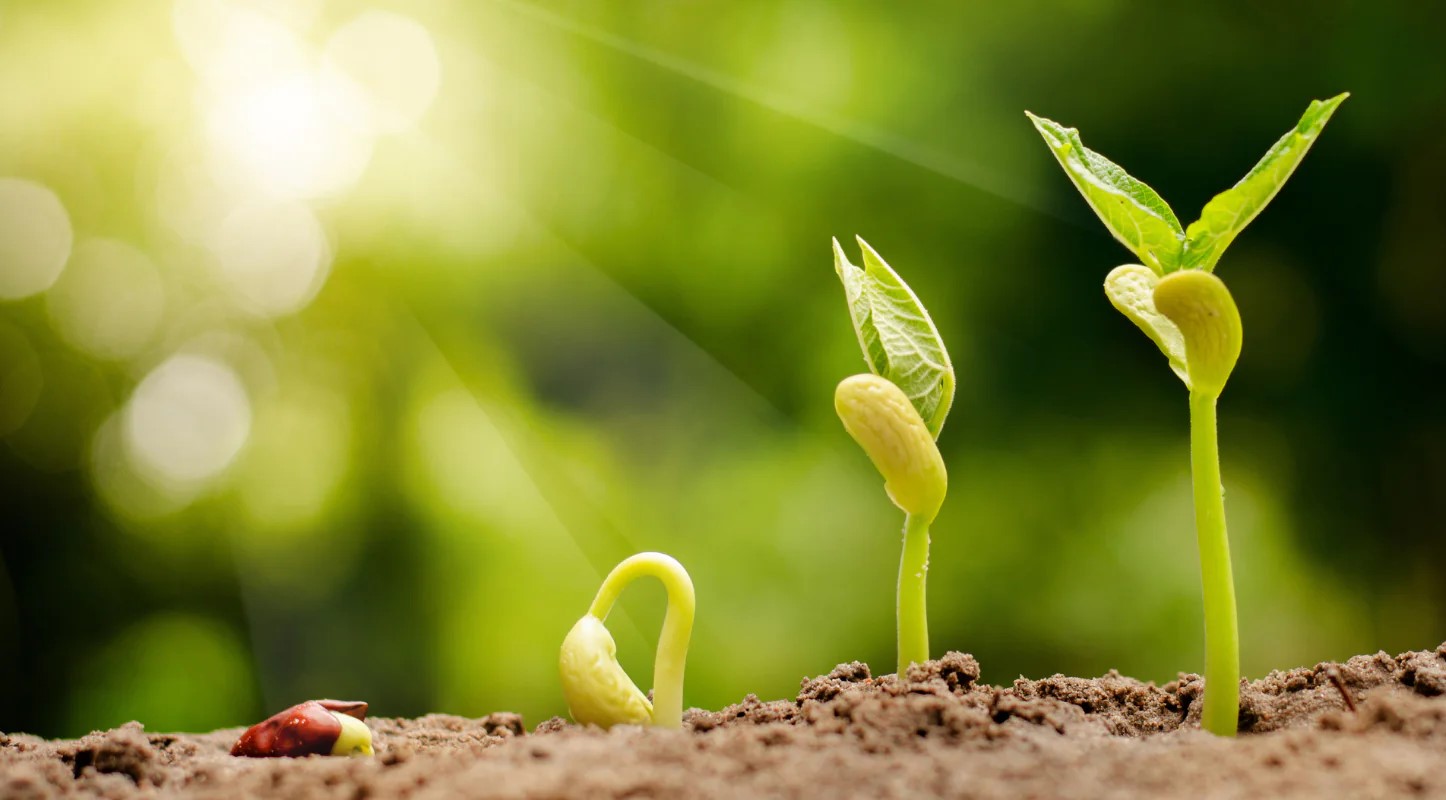
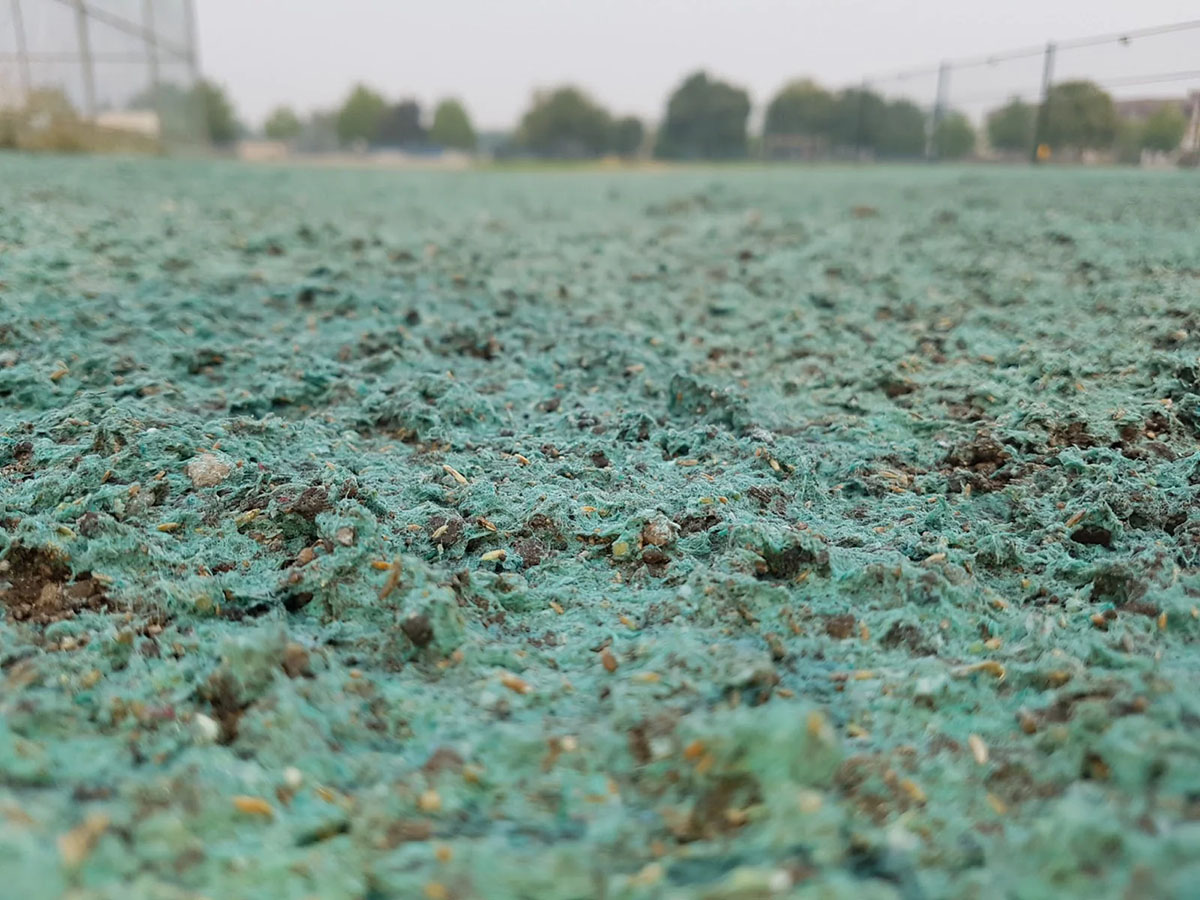
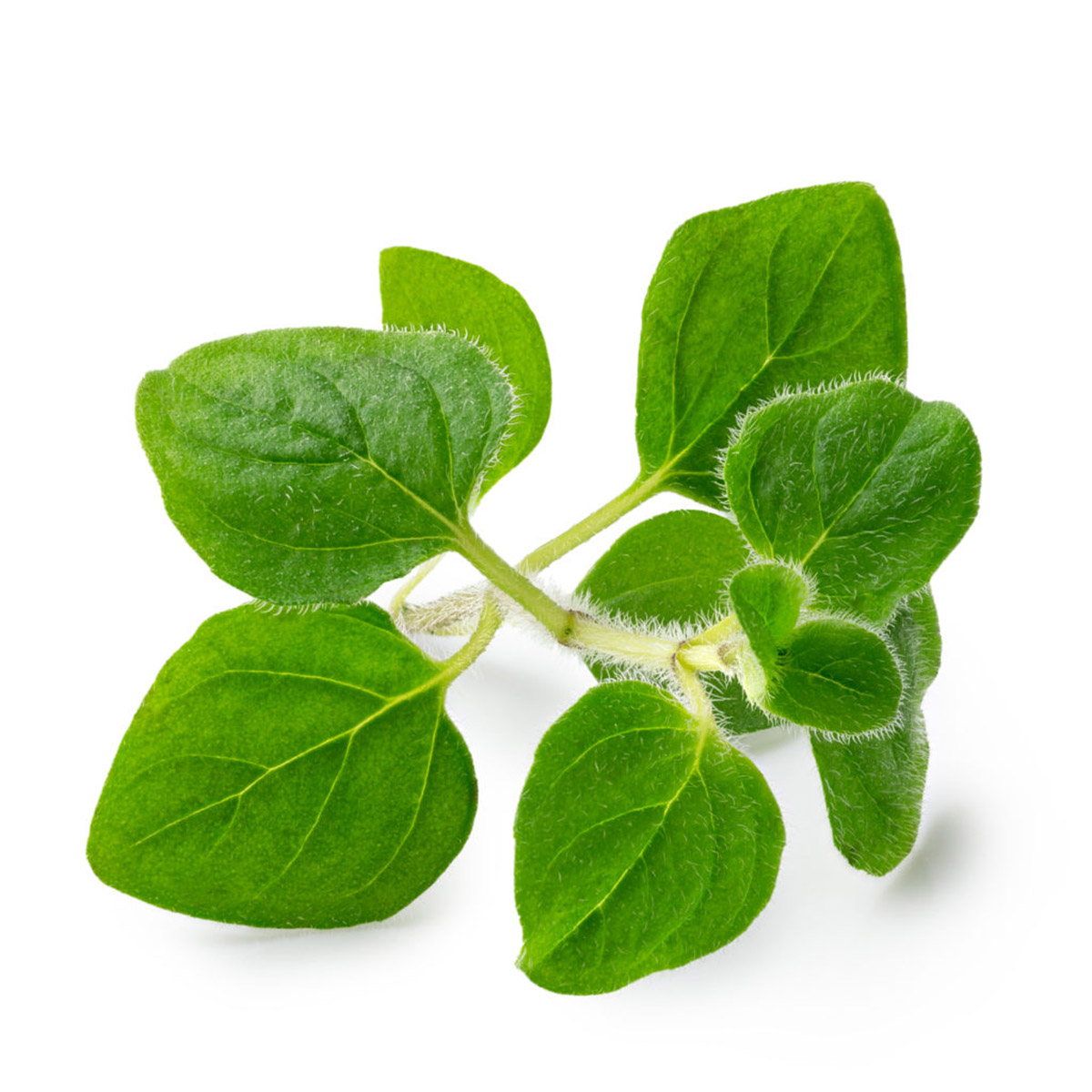
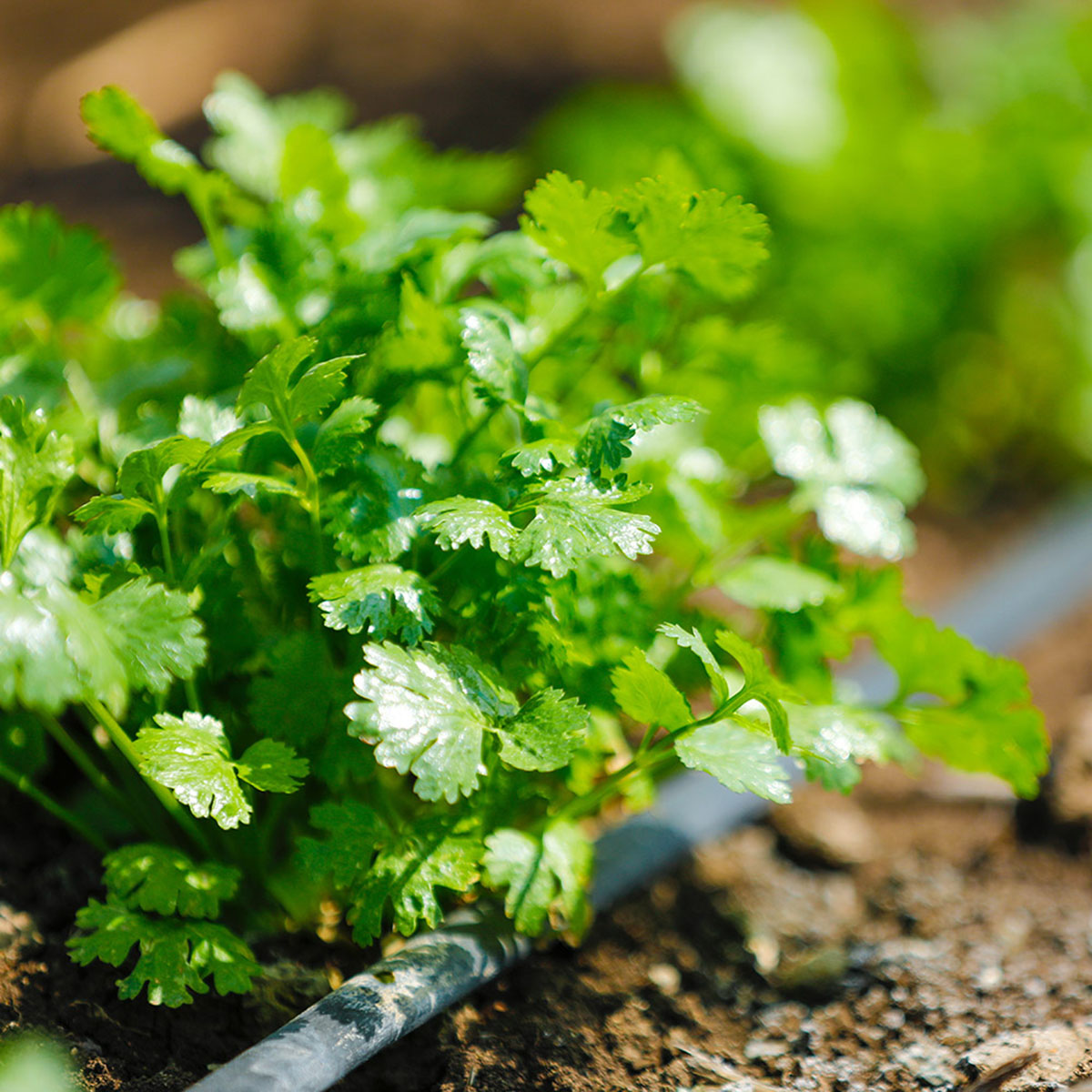
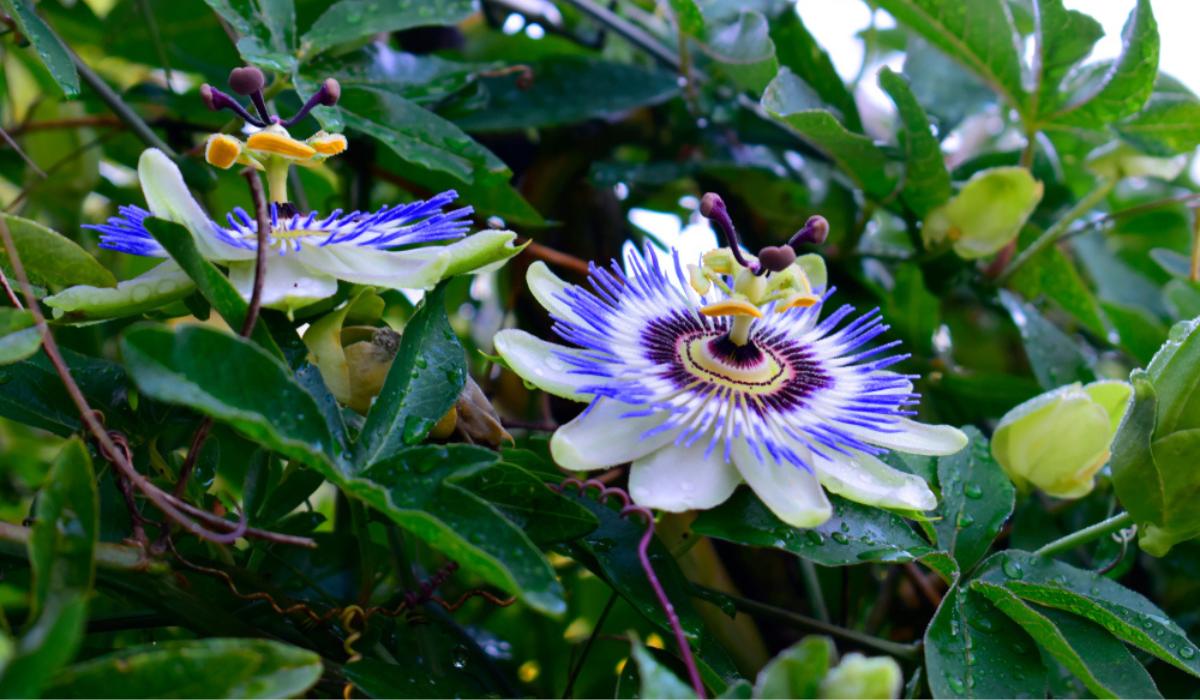
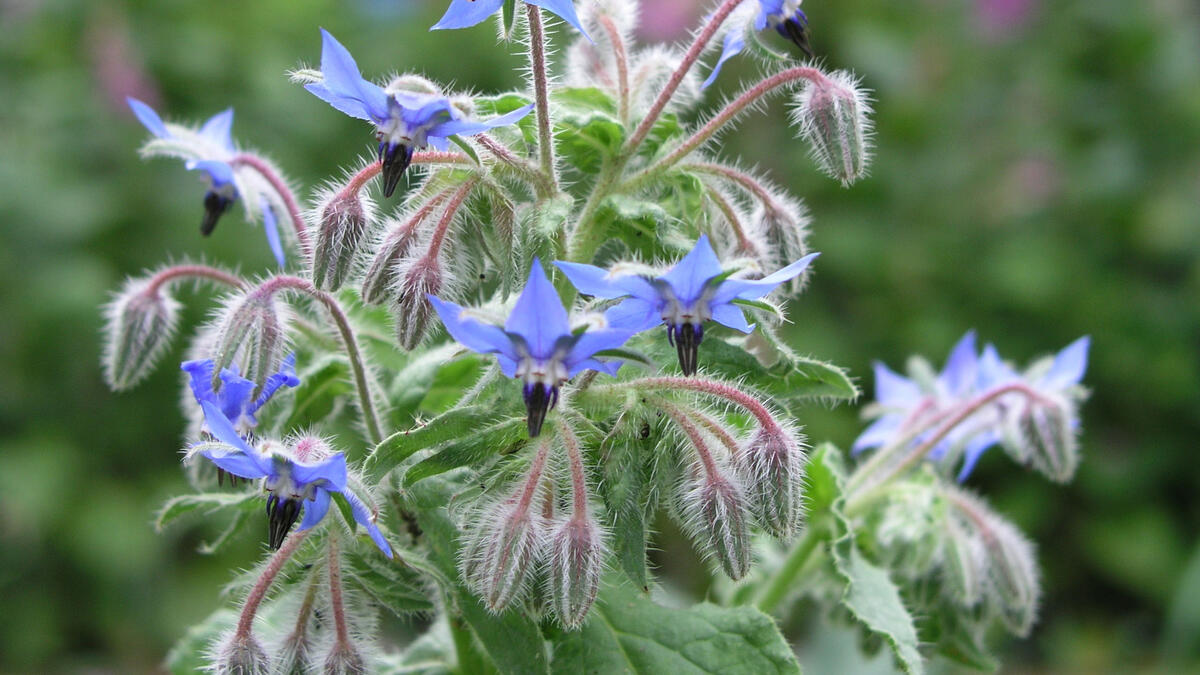
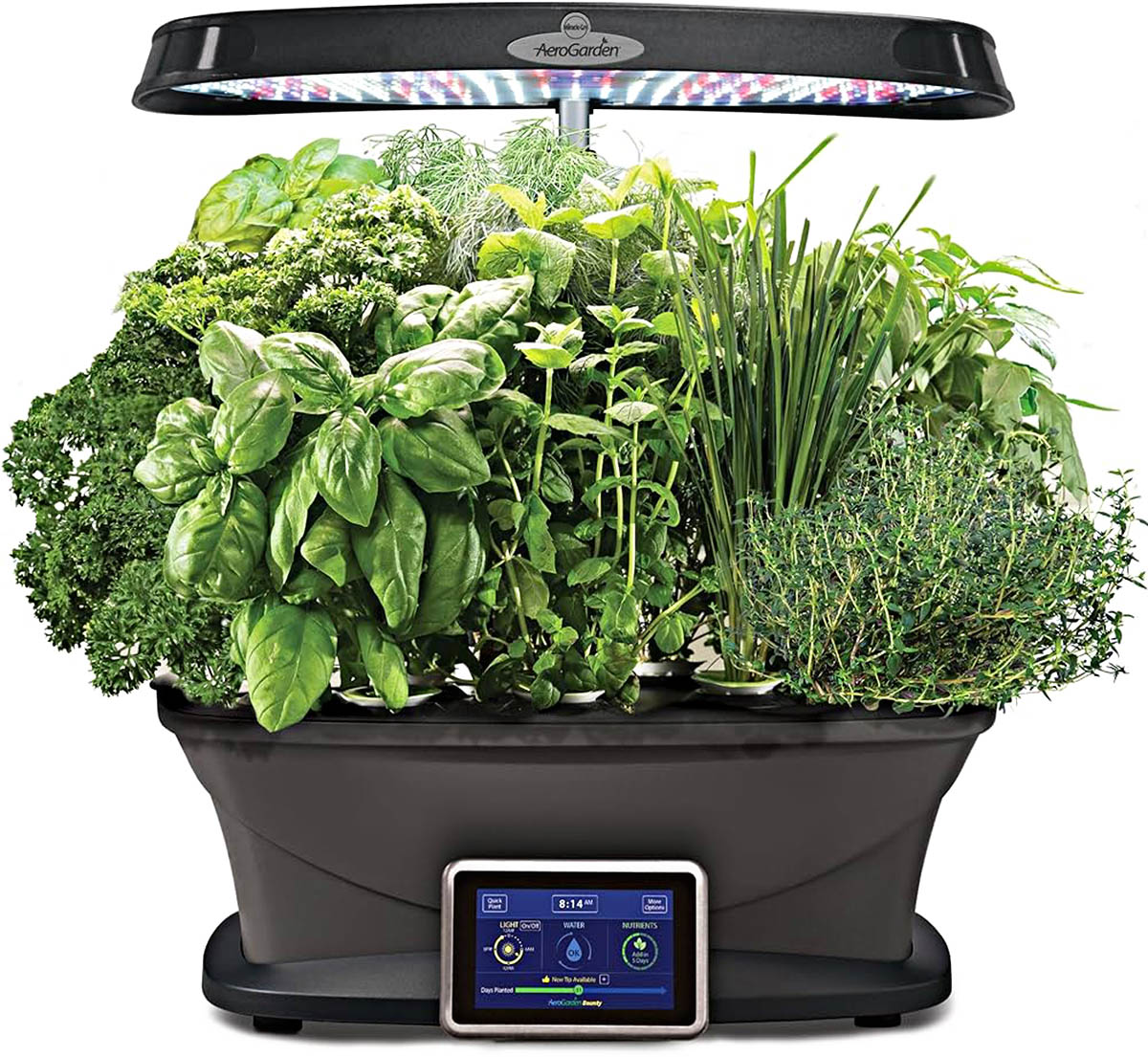

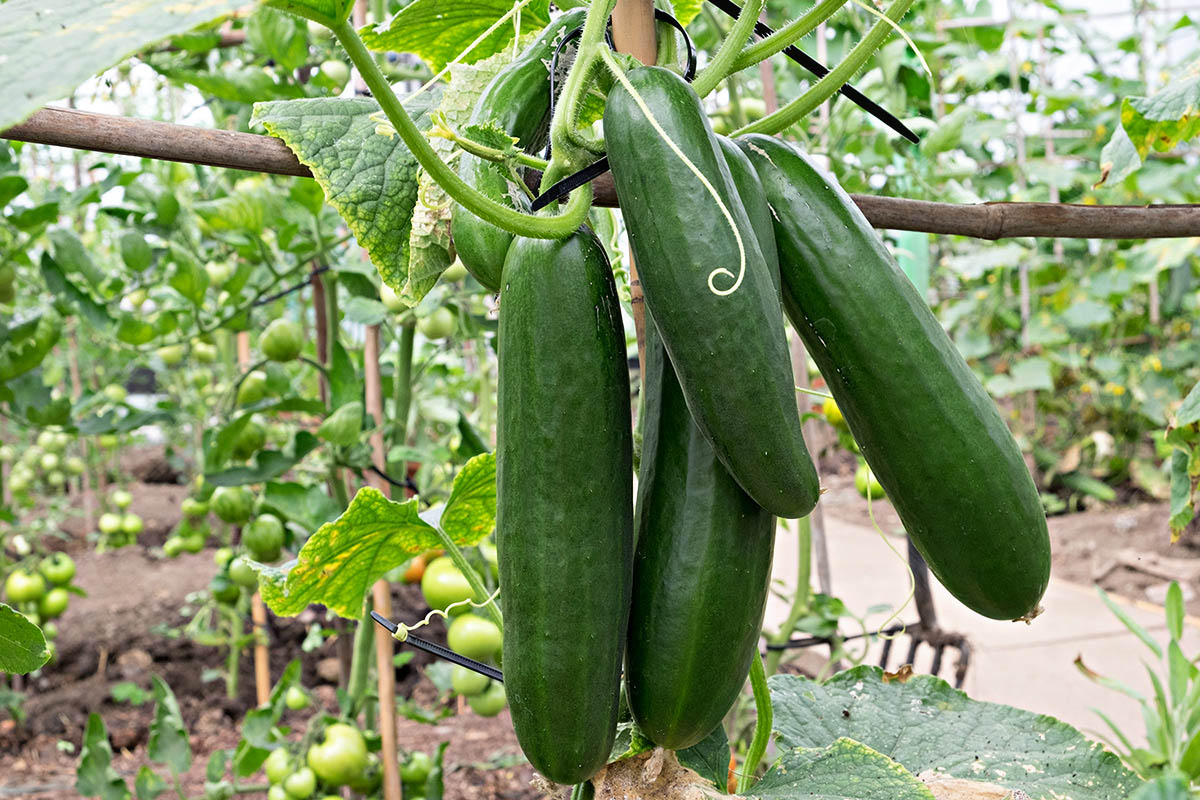
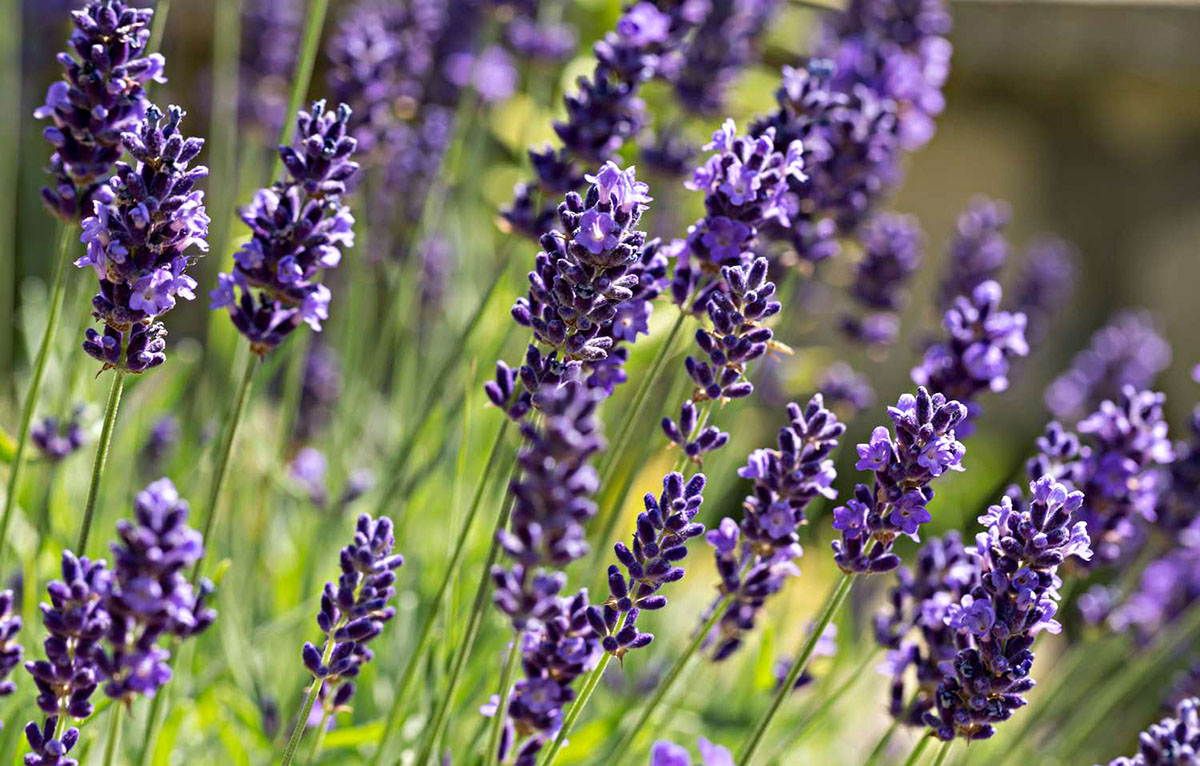

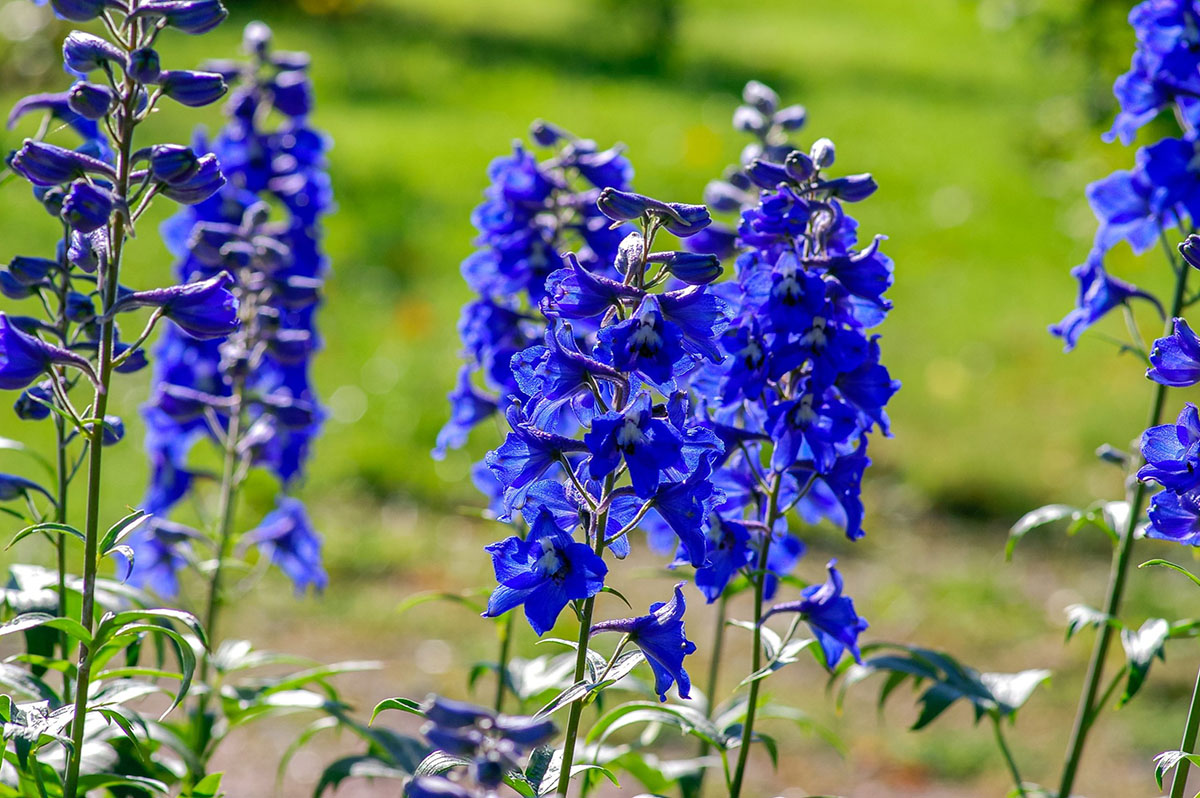
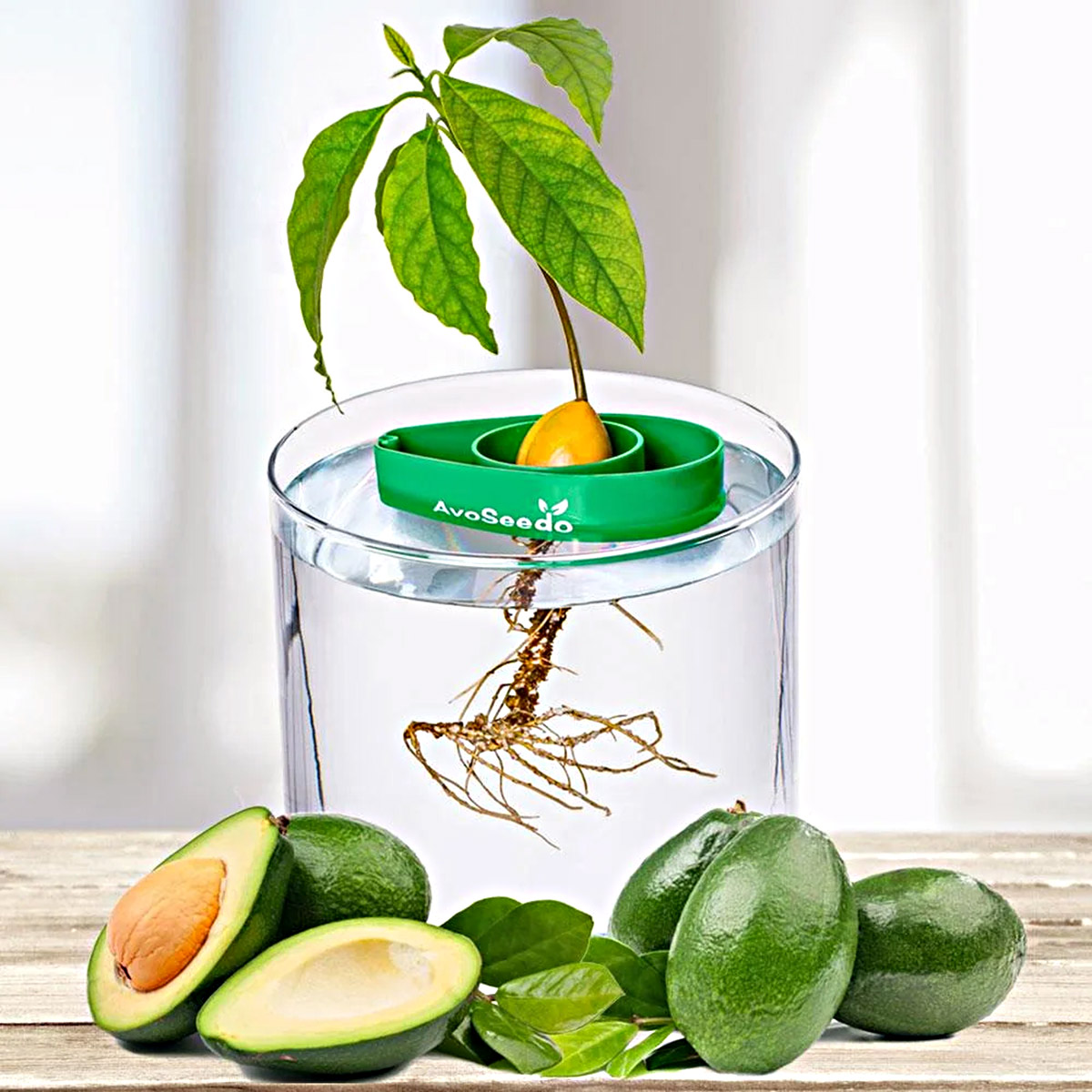

0 thoughts on “How Long For Bermuda Seed To Germinate”